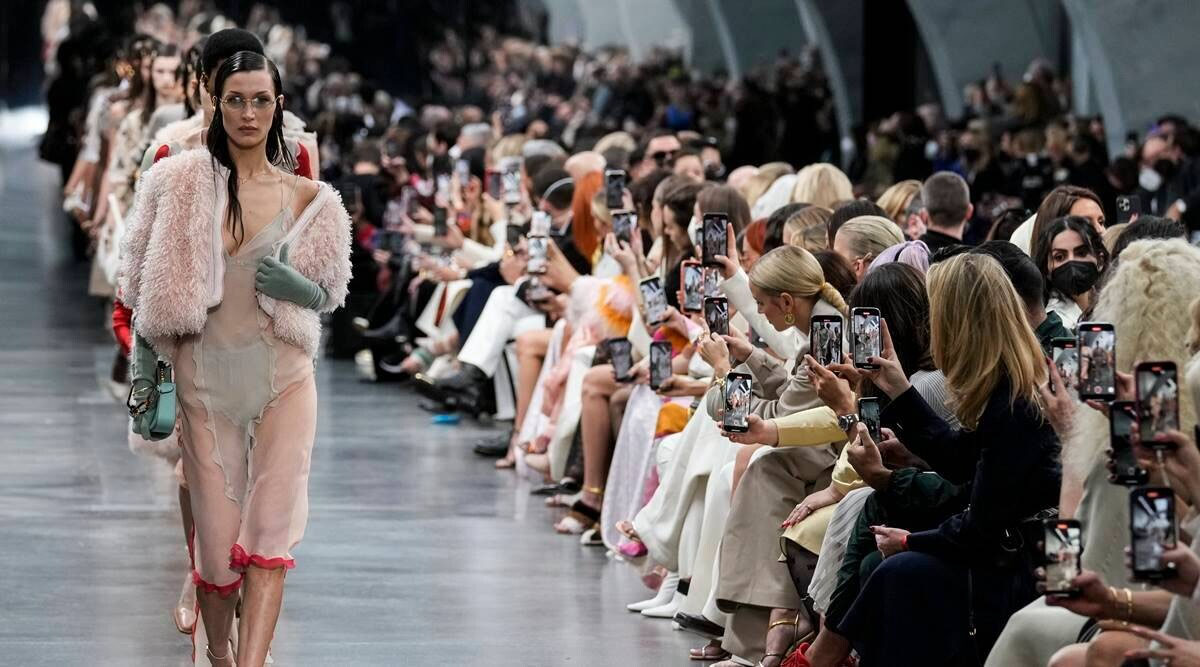
Photo Credit: Milan Fashion Week
In recent years, the fashion industry has become increasingly intertwined with identity politics, with designers, brands, and consumers alike engaging in conversations about race, ethnicity, sexuality, and body positivity. This intersection of fashion and identity politics reflects a broader societal shift towards greater awareness and activism surrounding issues of diversity, representation, and inclusivity.
One notable aspect of this trend is the movement towards challenging stereotypes and advocating for more diverse and inclusive portrayals of beauty and identity in fashion. Designers and brands are increasingly embracing models of various racial and ethnic backgrounds, body sizes, ages, and gender identities, reflecting a more inclusive and representative vision of beauty on the runway and in advertising campaigns.
Central to the discourse on fashion and identity politics is the recognition of fashion as a form of self-expression and empowerment. For many individuals, clothing serves as a means of asserting one's identity, challenging societal norms, and celebrating cultural heritage. This is particularly evident in the rise of movements such as Black Lives Matter, LGBTQ+ rights, and body positivity, which have sparked conversations about representation and visibility in the fashion industry.
Moreover, the rise of social media has played a significant role in amplifying these conversations and empowering marginalized voices within the fashion industry. Platforms like Instagram, Twitter, and TikTok have provided a space for individuals to share their experiences, challenge stereotypes, and hold brands and influencers accountable for their actions. Social media has also enabled grassroots movements and community-driven initiatives to gain visibility and mobilize support for causes related to identity politics and social justice.
However, despite progress in promoting diversity and inclusion in fashion, challenges remain. The industry still grapples with issues such as tokenism, cultural appropriation, and the perpetuation of harmful stereotypes. Critics argue that while diversity may be celebrated on the surface, systemic barriers and biases continue to limit opportunities for marginalized groups within the fashion industry. Addressing these challenges requires a commitment from all stakeholders – designers, brands, consumers, and industry leaders – to dismantle existing power structures and create a more equitable and inclusive fashion ecosystem.
In conclusion, the intersection of fashion and identity politics represents a dynamic and evolving landscape within the fashion industry. As society continues to confront issues of inequality and discrimination, fashion serves as a powerful platform for self-expression, activism, and social change. By embracing diversity, challenging stereotypes, and amplifying marginalized voices, the fashion industry has the potential to become a more inclusive and representative space for all individuals to express themselves authentically and celebrate their unique identities.
Composed by : Bonface Musau

















